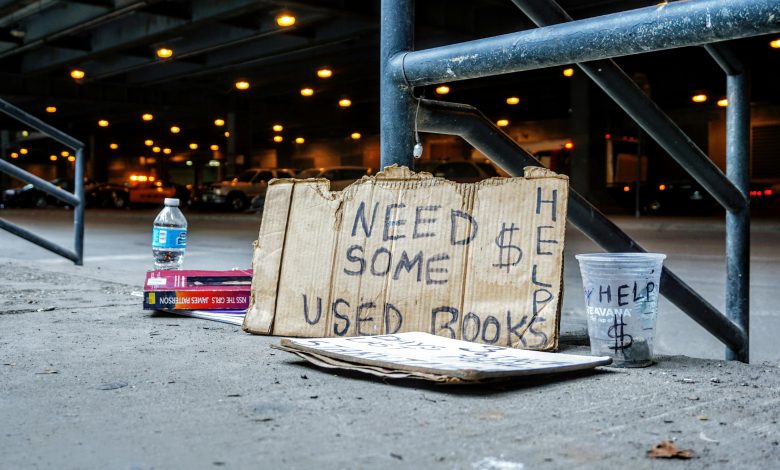How Much Money Do You Need in Your Emergency Fund?

How Much Money Do You Need in Your Emergency Fund?
An emergency fund isn’t a luxury. It’s a necessity. Life happens—jobs get lost, cars break down, medical bills show up. The question is: how much should you have set aside?
The General Rule
Most financial experts recommend saving three to six months’ worth of expenses. That’s not your income—it’s what you actually spend each month on essentials like:
-
Rent or mortgage
-
Utilities
-
Groceries
-
Insurance
-
Transportation
-
Minimum debt payments
So if your monthly expenses total $3,000, you’d want an emergency fund of $9,000 to $18,000.
Factors That Change the Number
Not everyone needs the same amount. Your ideal emergency fund depends on your situation.
1. Job Stability
If you have a stable job or dual-income household, three months might be enough. If you’re self-employed, in a seasonal industry, or rely on freelance work, aim for six months or more.
2. Dependents
If people rely on your income—kids, aging parents, or a spouse—it’s smart to build a larger cushion.
3. Health and Insurance Coverage
High deductibles, spotty insurance, or chronic health issues? You’ll want a bigger fund to cover unexpected medical costs.
4. Other Safety Nets
Have access to a partner’s income, a HELOC, or other financial backup? You might not need to go as heavy on cash savings.
Where to Keep It
Your emergency fund should be:
-
Accessible: You need to get to it quickly in a crisis.
-
Safe: No stocks or crypto here—use a high-yield savings or money market account.
-
Separate: Don’t mix it with everyday spending money. Out of sight, out of temptation.
Start Small, Build Steady
If saving several months’ worth sounds overwhelming, start with a small goal—like $500 or $1,000—and grow it from there. Set up automatic transfers. Treat it like a bill. Over time, that emergency fund becomes peace of mind.



